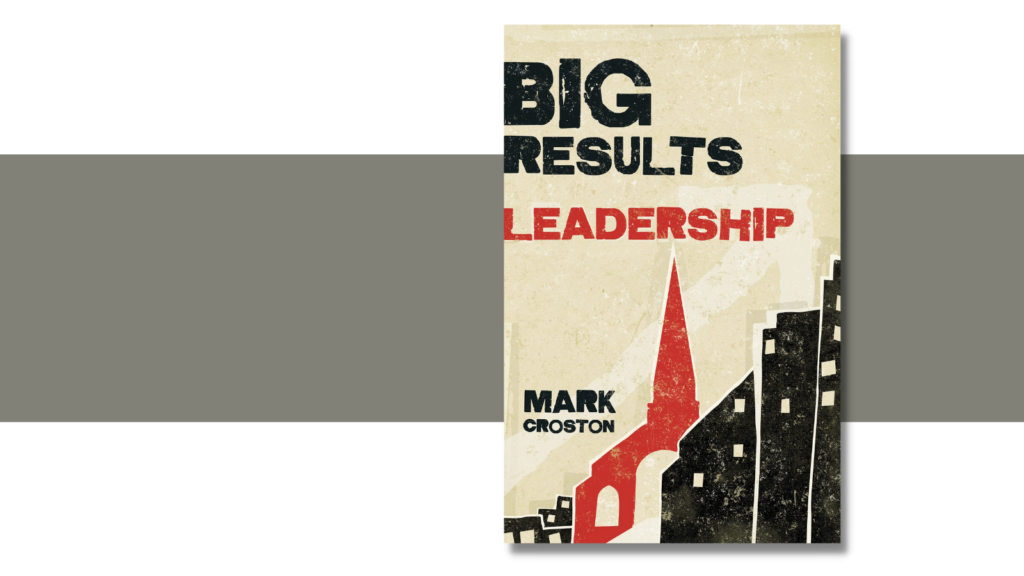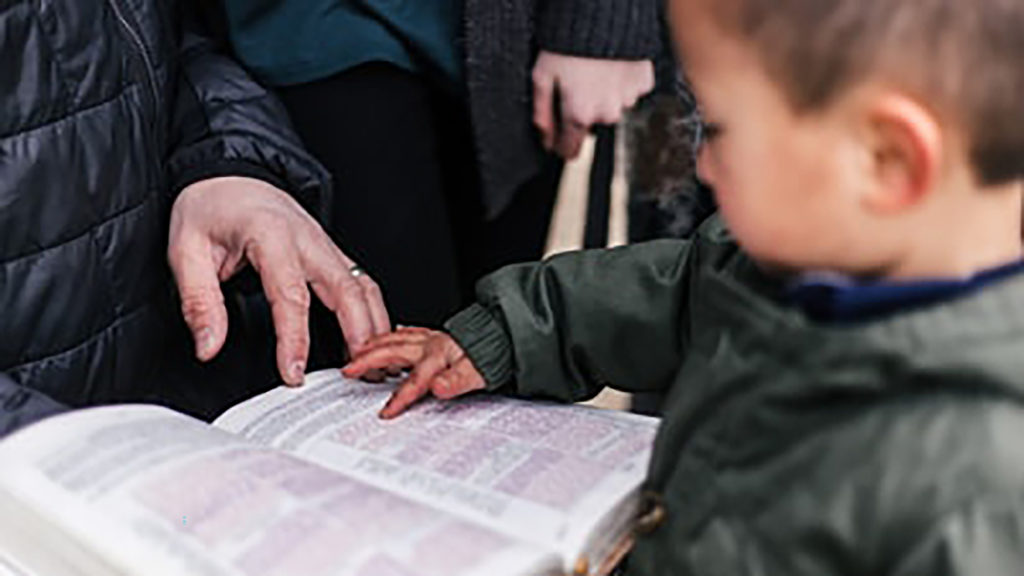Does severe depression — strong enough to attempt suicide — keep a person from being in ministry? Does an “extreme” mental health diagnosis like bipolar disorder or schizophrenia? What about living through being molested as a 10-year-old or dealing with same-sex attraction?
In Brenna Blain’s new book “Can I Say That? How Unsafe Questions Lead Us to the Real God,” she asks these questions and more.
In 2023, Blain was hospitalized due to a suicide attempt. Blain was raised in church, had graduated from Youth With A Mission’s missionary school and is currently a church leader and Christian speaker.
“I wasn’t having a crisis of faith, which almost freaked me out more because I felt like if I could get to the place where taking my life was what I was pursuing, how could I not have a crisis of faith?”
‘Really, really, really freaking out’
She was also “really, really freaking out” because she could be put on a 120-hour hold. Her husband couldn’t visit for days. She would miss celebrating Mother’s Day with the two young sons she adored.
While sobbing hysterically, she could only pray.
“‘Lord, I have no peace whatsoever. I’m in a complete state of panic and fear and isolation, but if I’m supposed to be here, I know, I know You saw this before it happened. I know that You can be here with me too.’
“It was like as soon as I prayed that I sat on my bed, and then I saw the lady (who told me about the hold) come back. As soon as I saw her, it was like one, instant peace and two, I knew I was going to be ordered to stay,” Blain said.
Blain knew that Christians fail, though supposedly only in small ways.
This was the biggest failing she ever had, and she expected to be “met in shame” and told that she couldn’t lead or speak anymore after getting out.
But she also said, “If that’s true, does that diminish what’s true about God? He saves me. He loves me. He sees me. He’s with me. My identity’s not in my speaking. My identity’s not in leading a small group. My identity’s not in these things. It’s in Christ.”
Finding peace
Coming to peace with this realization, she discovered that the shame and rejection she thought she would encounter didn’t happen. In fact, those hiring her said they needed more voices to share about living with and through brokenness.
She also came to peace with her bipolar diagnosis — that it’s probably chronic and will always include highs and lows. She said she hopes never to be suicidal again but can’t guarantee it.
Some people tell her sometimes that she could be healed. Blain knows that God heals, but she recognizes it might not be until she meets Jesus face to face.
Having the right focus
Blain noted, “My focus doesn’t have to be on healing. It’s on the fact that God is so good in His redemption that whether I’m healed or not, God still finds a way to use these broken things. I’ve been so thankful for the ministry of brokenness and the suffering that I’ve gotten to experience.
“Because I suffer, I understand in part the suffering of my Savior a little bit more,” she said. “There are so many gifts to being a person of chronic suffering.”
As an 18-year-old in YWAM, she wanted to know God’s will for her life.
“I will never forget. I was just waiting on the side of a mountain in Hawaii when I prayed this prayer,” Blain recalled. “I’m sitting in the grass just waiting for an answer, and I just felt this small, calm voice — maybe the Holy Spirit, I don’t know — say, ‘I just want you to be honest when I ask you to be honest.’”
Soon after that she was asked to share her testimony. She prayed about how much she should reveal about her past and her struggle with same-sex attraction — and felt God say that this was the group to share it with.
“When you say it out loud, not only are you getting it out, but you’re also saying to the people in your community, ‘We are real people. We experience the brokenness of this world.’ Then on the flip side, when you share it you’re also inviting people to see how God works through it.”
‘Big enough’ for your problems
Blain added, “If your testimony is always shiny and clean and your questions always remain inside, people aren’t going to assume that God is big enough for their own problems because they’ve never seen a God big enough to work through the problems of other people.
“Just the older I get, the more I realize how weak I am and how okay that is because I have a Father who desires to take care of me,” she noted. “That is one of the greatest gifts I have been given and I think I could have only really received and noticed and figured this out through my different facets of suffering.”
“Can I Say That?” can be found on Amazon. Connect with Blain on Instagram at @bunonmyhead.






Share with others: